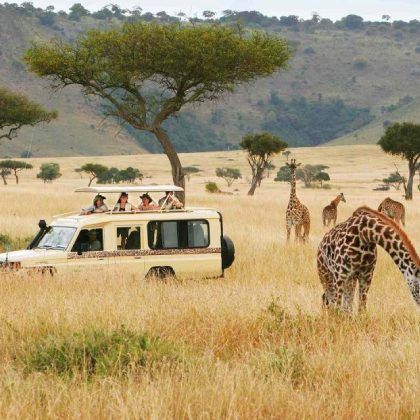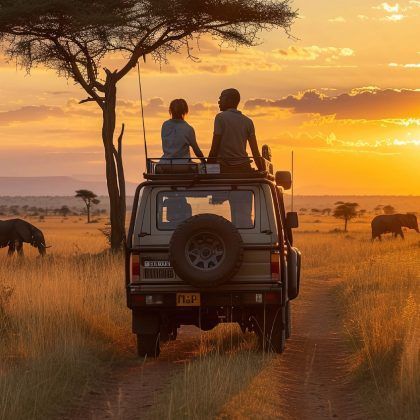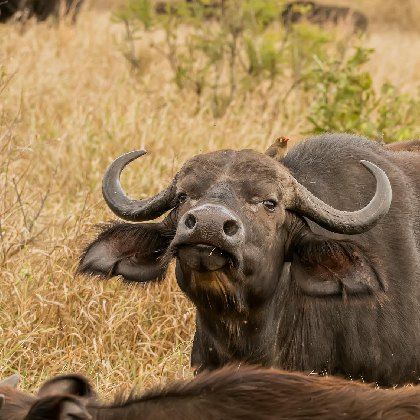
How To Get Started In Wildlife Conservation?
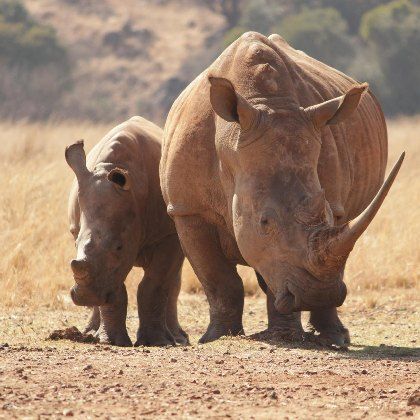
Wildlife conservation is a calling that resonates with many who wish to make a positive impact on our planet. Protecting ecosystems and the creatures that inhabit them is crucial for maintaining biodiversity and the health of our environment.
If you're wondering where to begin your journey in this vital field, this article will provide you with practical steps. We'll discuss exploring educational opportunities, gaining hands-on experience, and connecting with communities dedicated to conservation.
Explore Educational Opportunities in Conservation
Embarking on a career in wildlife preservation often starts with gaining the right knowledge. Consider enrolling in courses or programs that focus on wildlife conservation, ecology, or environmental science. Formal education provides a strong foundation in understanding the complexities of ecosystems and the challenges they face.
There are various educational paths available, from short courses to full degree programs. Look for institutions that offer comprehensive curricula, including both theoretical knowledge and practical skills. Specialized courses can cover topics like wildlife management, conservation biology, and sustainable practices.
Online learning has also made education more accessible. Many platforms offer courses that allow you to study at your own pace. Whether you choose a local college or an international program, the key is to select a course that aligns with your interests and career goals.
Gain Practical Experience in the Field
Learning isn't confined to the classroom. Hands-on experience is invaluable in wildlife conservation. Volunteering or interning with conservation organizations can provide real-world insights and skills. Participating in field projects allows you to work directly with wildlife and understand the day-to-day realities of conservation efforts.
Start by reaching out to local nature reserves, wildlife sanctuaries, or environmental groups. They often welcome volunteers to assist with various tasks, from animal care to habitat restoration. This not only enhances your resume but also helps you build a network of professionals in the field.
Additionally, consider joining conservation expeditions or workshops. These opportunities can take you into the heart of conservation work, sometimes in remote and beautiful locations. Practical experience is crucial for those who want to make a tangible difference in the preservation of wildlife.
Engage with Conservation Communities
Connecting with others who share your passion is an excellent way to stay motivated and informed. Join conservation groups, attend seminars, and participate in online forums. These communities can provide support, resources, and valuable connections as you start your journey in conserving wildlife.
Networking with professionals and enthusiasts can open doors to new opportunities. Engaging in discussions, sharing experiences, and learning from others can broaden your understanding and perspectives. Many organizations host events and workshops that are not only educational but also great for meeting like-minded individuals.
Stay informed about current issues in wildlife conservation by following reputable sources and publications. Being knowledgeable about ongoing challenges and successes in the field will empower you to contribute effectively and stay committed to your goals.
In Conclusion
Starting a path in wildlife conservation is a fulfilling endeavor that combines education, experience, and community engagement. By exploring educational opportunities, gaining practical experience, and connecting with others, you can make a meaningful contribution to preserving our natural world.
If you're ready to take the next step, consider signing up for a wildlife conservation course at our Kukama Wildlife College. We offer comprehensive programs and hands-on experiences that can help you turn your passion into action. Get a free quotation or join us on a wildlife school trip to begin your journey in conservation today.

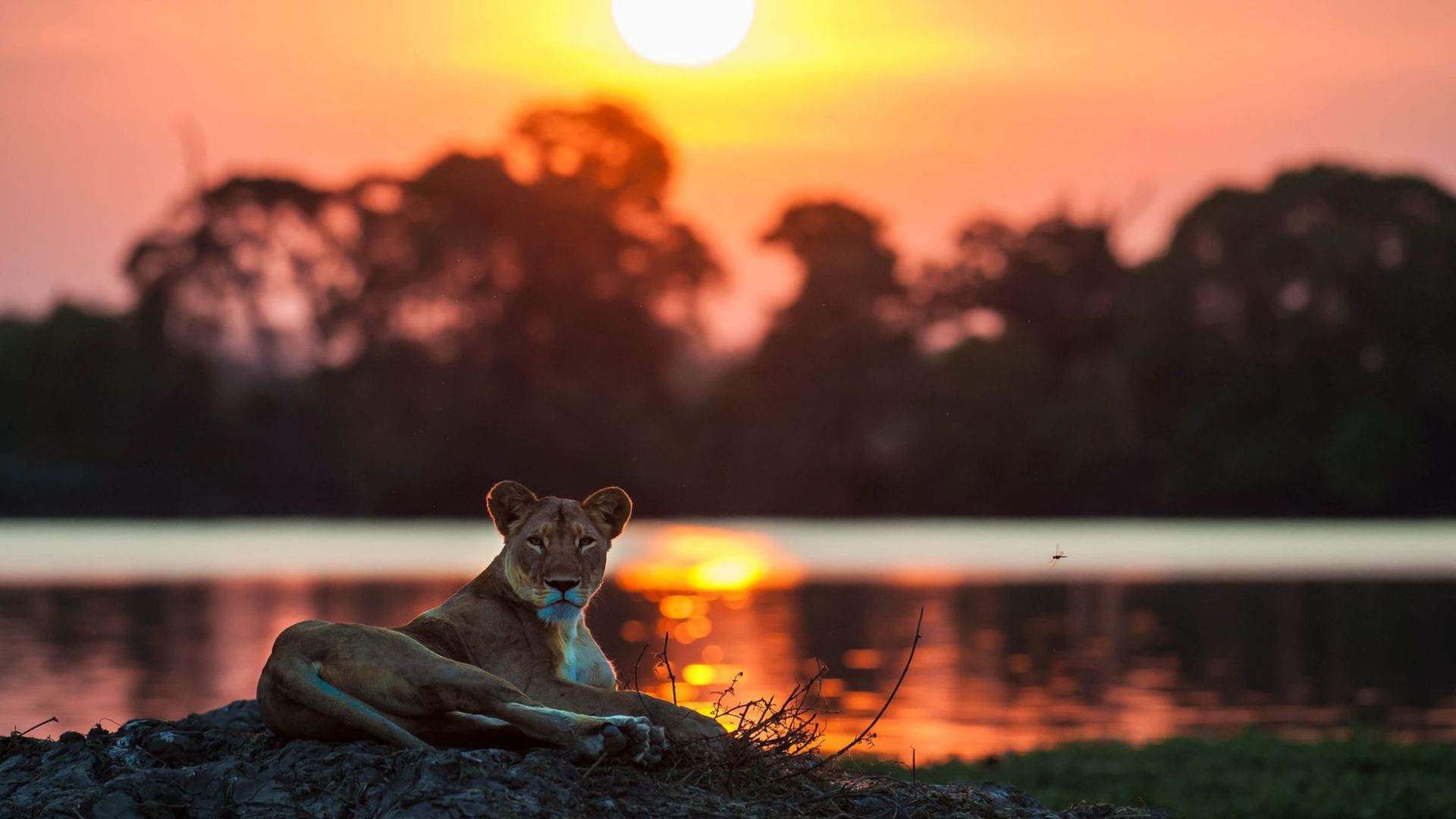
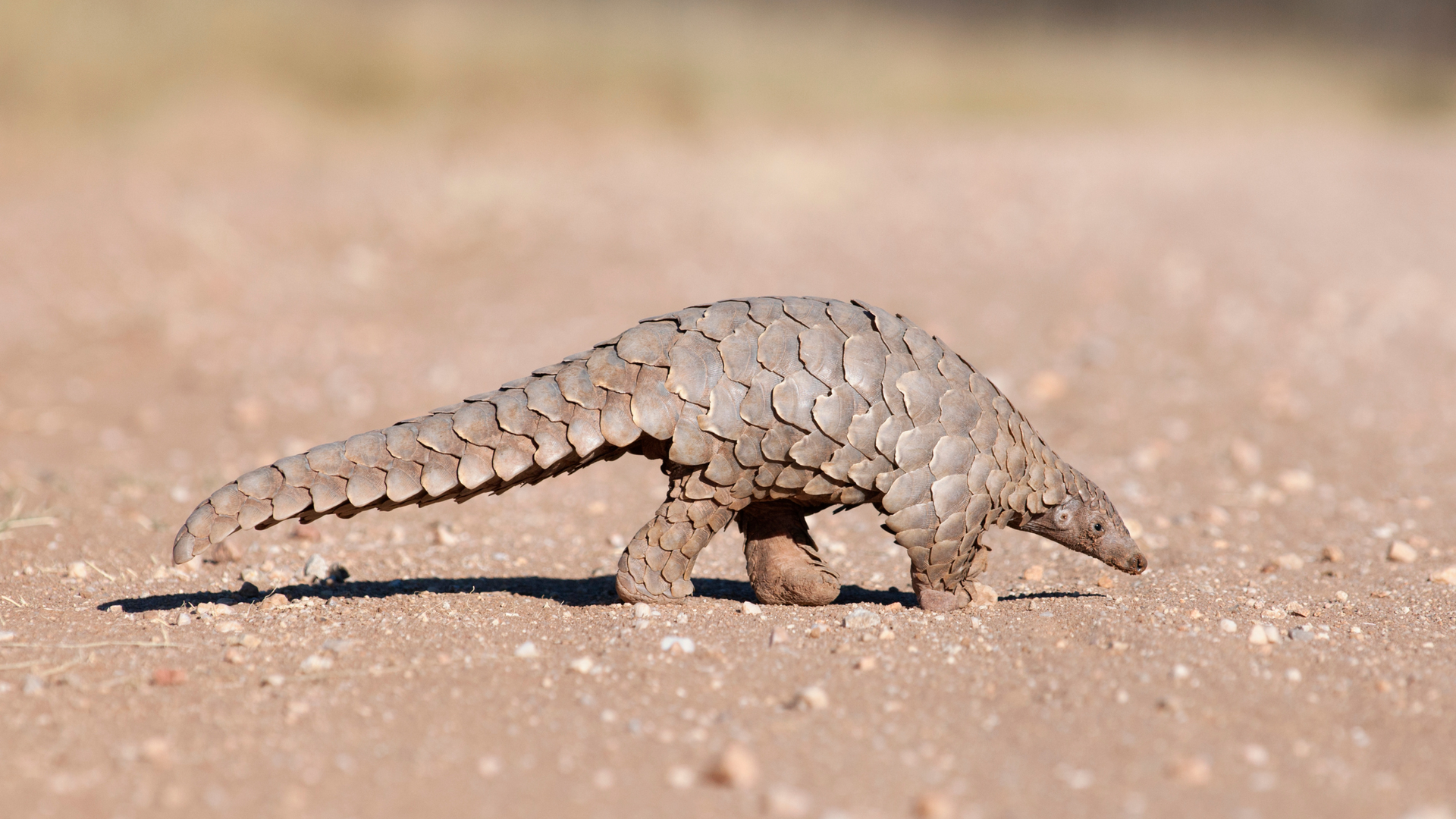
CONTACT
Send us an email and we'll get back to you soon.
Thank you for contacting us.
We will get back to you as soon as possible
Please try again later
